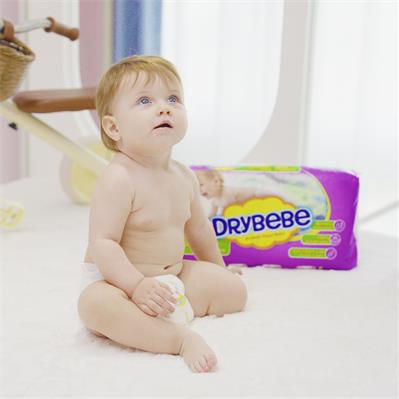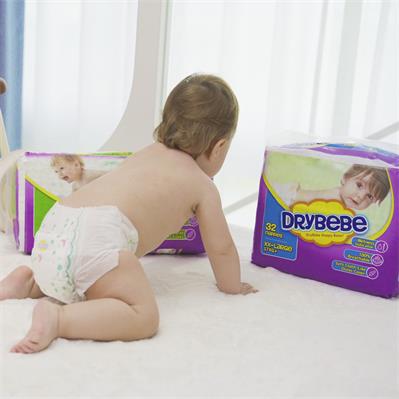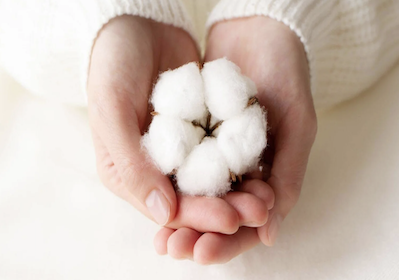 How many disposable nappies per day?
How many disposable nappies per day?
 Are biodegradable nappies really biodegradable?
Are biodegradable nappies really biodegradable?
 What materials are best for sensitive skin in incontinence products?
What materials are best for sensitive skin in incontinence products?
 Do Organic Cotton Sanitary Pads Really Offer Better Hypoallergenic Protection?
Do Organic Cotton Sanitary Pads Really Offer Better Hypoallergenic Protection?
 How Do Organic Cotton Maxi Pads Support Heavy Flow Days Without Feeling Bulky?
How Do Organic Cotton Maxi Pads Support Heavy Flow Days Without Feeling Bulky?
 Address: 9A, Agricultural Bank of China BLDG, Quanxiu RD, Quanzhou, Fujian, P.R China, 362000
Address: 9A, Agricultural Bank of China BLDG, Quanxiu RD, Quanzhou, Fujian, P.R China, 362000 Tel : +86 595 22169080
Tel : +86 595 22169080 Email : info@tiicopaper.com
Email : info@tiicopaper.com WhatsApp : +852 5321 5213
WhatsApp : +852 5321 5213
